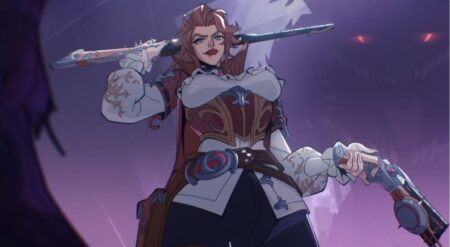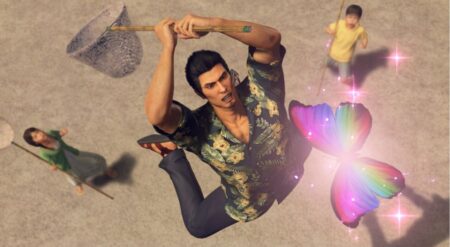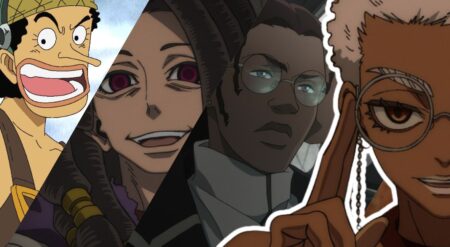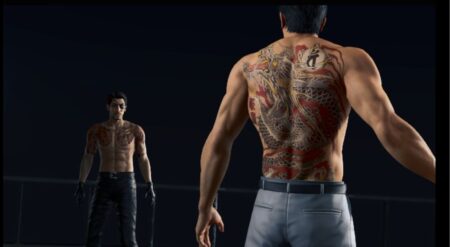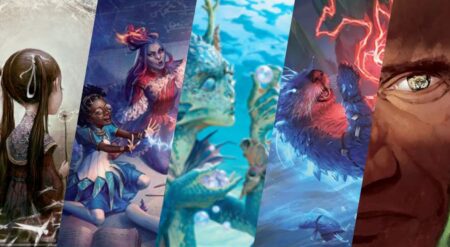
Pyre is unlike any other game out there. Released on July 25, 2017, and developed and published by Supergiant Games, Pyre is an action RPG sports game set in a dystopian fantasy universe. It emphasizes building relationships with characters, decision-making, and unique sports gameplay that splits up lengthy sections of dialogue.
Pyre in its entirety takes place in a realm known as the Downside—a mystical purgatory used to exile criminals by the authoritarian government known as the Commonwealth. The story begins with the player awakening after being exiled themself. Shortly after, a traveling wagon passes with three strange characters inside that recruit the player to be their “reader,” a rare commodity ever since reading was outlawed in the Commonwealth decades ago.
It is quickly explained to the player that the only way out of the Downside is through participation in competitive sports-like rituals performed in three-person teams. As the reader, it is the player’s responsibility to act as their new team’s coach, play the games, recruit players, make calls on travel and training, allocate skill points, etc. If the player can lead the team to first place in a given season, they can choose one party member to be freed from exile and return to the Commonwealth to be regarded as a hero chosen by the gods. The team the player becomes a part of also has an influential benefactor named Volfred Sandalwood. He has been working for years to organize a revolution to peacefully overthrow the Commonwealth with the team’s freed members.
Everything in Pyre revolves around this final decision at the end of every season, and these decisions collectively give the game an incredible amount of emotional weight as a result. I have never spent more time considering a decision in a video game than I did multiple times debating with myself over which character to send back to the Commonwealth. The developers made two smart moves to make these decisions so difficult: the absence of morality in the decision and ensuring that the consequences of the player’s decision are very clear to them before they make it.
Video games as a medium are no stranger to the concept of player choices impacting the narrative. It has become a staple of RPGs and is prevalent across the industry as a whole, and wisely so. Games’ ability to change based on a player’s preferences and actions is one of the medium’s unique features that help make it a distinct art form. However, many games center their decisions around the base of morality. It is common to simply ask players whether they want to play a good or bad character with little reason, or sometimes even active discouragement, to take a middle-ground approach with a fair share of both good and bad decisions.
This is not the case for deciding who is returned to the Commonwealth in Pyre. When it comes to deciding which party member to send, morality is not there to simplify the decision. There is never a good or bad option; they are all just distinct neutral options. This leaves players to find a rationale on their own. When it comes time to choose, the player is fond of each member and has built a relationship with them. They each have a reason to want to return to the Commonwealth, and they were ultimately picked to be part of the team for their good morals and investment in Volfred’s plan. The responsibility of deciding what factors into the decision, and with what weight, is placed entirely on the player’s shoulders.
This need for the player to decide their criteria leads right into the other strength of Pyre‘s choices: players understanding the consequences. For example, one of the most common decisions that pop up in games is after the player has won and the villain is weak and at their mercy, does the player kill them or let them live? There is a lot that can contribute to these decisions, but it is oftentimes difficult for the consequences of each choice to be properly factored in. The player bases their decision on what the villain has done and why they did it rather than what the villain will do if left alive or what the consequences of their death will be. Unless referencing a guide, players have no idea what the consequences of their decision will include for the narrative or world. Some games will even punish players by having certain decisions have an unforeseeable outcome meant to make players feel as though they chose wrongly.
This is not the case in Pyre, where the player understands the gameplay and narrative’s exact effect when they decide on the character to be sent back. It is rather simple, redeeming a character effectively removes them from the game in the same way it removes them from the Downside. Players are given a short synopsis of each character’s experience returning to the Commonwealth after they are freed, but that is all, and they don’t offer much. The player will never talk with them again or see them interact with the other party members. They will not get to know anything new about the character or their backstory. Any subplots developing with the character in the Downside will be cut off unceremoniously, and the player cannot use them in the rituals.
The impact of these consequences is increased by how characters can qualify to be freed. To prevent players from simply picking their three favorite characters and freeing everyone else throughout the game, only characters that have reached a certain level can be freed. This means that the player has had to frequently use them in the rituals, adapting their play style and leading to more frequent dialogues with the character.
This builds the player’s connection to these characters quite rapidly. Every character is so unique and well written that it is impossible not to build a bond with them over time, making the idea of never talking to them again or seeing their subplot’s conclusion feel genuinely sad. Similarly, the loss of a great player also makes the decision very difficult. If a player has a character that they love the play style of and can frequently score with, they naturally slip into building their strategy for the rituals around that character, making playing without them a daunting proposition.
All of this culminates in the player getting extremely invested in which characters are freed from the Downside. It is natural to want to free the most liked characters, but is it worth doing it when it removes them from the rest of the game? What ties it all together is that there is no “good ending” to strive for. After completing the game and sending as many characters home as possible, the player is told whether or not the revolution was successful depending on who was sent home before getting short descriptions of what came next for all of Pyre‘s notable characters, opponents included.
This leaves Pyre ending on a somber note. Looking back on one’s decisions, seeing the opportunities missed, how someone’s success impacts the lives of those beat along the way, and the way a player’s decisions shaped their friends’ lives is a lot to process. It is a reflective moment that is rare for the industry. It does not feel like a victory or the end of an epic tale, but rather simply the end of a chapter of these characters’ lives. It is an incredible feeling that only the art form of video games can lead someone to because it is the player’s choices that led them there. Choices that they had to evaluate themselves and weigh the consequences of without the basis of morality to guide them and that affected characters they earnestly cared about.


